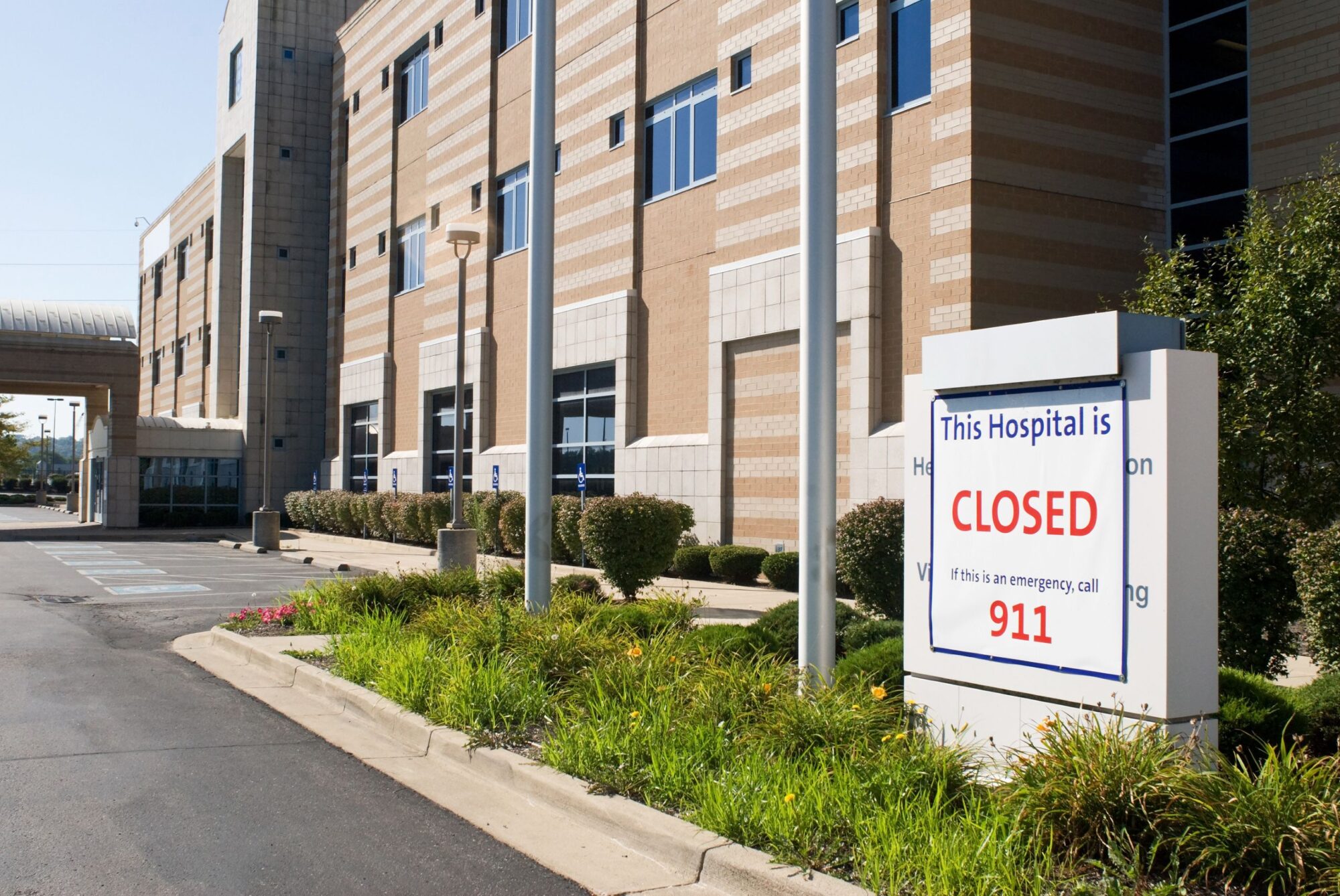When physicians retire or close their practice, there are many tasks to complete to ensure the process goes smoothly. Closing a medical practice can share similarities with closing any public facing business, but there are aspects of the medical profession that make the experience unique.
One factor that sets closure or retirement apart for physicians is the subject of medical records. Medical records and their management must be accounted for by the outgoing physician, who remains responsible for the records through the life of their retention periods, regardless of whether they continue to practice medicine during that time.
At Cariend, we help ease the transition process for retiring physicians and closing facilities. From our years of experience aiding physicians during such transitions, we’ve identified several common mistakes made during the closure or retirement process.
#1 Know Your Retention Requirements
The first mistake commonly made during retirement or closure of a medical facility is misunderstanding retention requirements during the post-transition period. A retiring physician or their estate remains responsible for all medical records logged by their practice through their legal retention period.
This means that, depending on state or local regulations, retired physicians must not only store records in a safe and secure location, they must also perform custodianship duties throughout the life of the record. This means managing a system for accessing those records in the event they are needed and monitoring the records’ retention status to ensure secure destruction when they reach the end of the retention period.
Physicians who fail to recognize the importance of medical records management and custodianship throughout the life of the record put themselves and their estate at risk of legal and financial penalty.
#2 Don’t Just Store Records, Manage Them
Another common mistake physicians encounter during a closure or retirement is unknowingly limiting access to records through the lack of any organized management practice, or by storing them in a manner that makes them difficult to access.
For some, the idea of locking all of the records away in a storage unit or similar facility, or worse, a basement or other non-secure facility, is an appealing plan for records management. It’s not good enough, though.
This is because records may need accessing at some point during their life, and the physician who holds the record – its custodian – is responsible for ensuring that access is possible. Records custodians are susceptible to legal discovery if unable to quickly produce a record when requested. It’s also important to remember that a physician’s estate is liable for any retention policy violations even after the physician’s death.
#3 Storage Environment Matters, Too
It’s important to store records in a way that ensures both their long-term viability as records and patient’s ability to access those records. But the physical location of records and the environment in which they’re stored is only part of the story. Thorough records custodianship practices also feature a system of records management designed to ensure those records remain secure but accessible throughout their retention period.
This leads us to the final mistake physicians are subject to making when closing their practice, which is failing to consult professionals when designing a retention and custodianship plan for their records.
#4 Don’t Forget to Consult the Pros
While it may seem like a non-important task, or a task that can be managed in-house, records retention is a complex subject on its own, made doubly so when those records are medical records. Contacting medical records professionals like those at Cariend can help light the path to good records custodianship by allowing the outgoing physician to harness the knowledge of trained professionals when designing their records retention plans.
Practitioners and physicians looking to make a clean transition into closure or retirement should always consider investing in services from the team at Cariend, to prevent records mishaps that might expose them to liability or legal discovery. Partnering with Cariend represents an opportunity to eliminate unwanted stress and unneeded liability for the outgoing practitioner and their estate.
If you are a medical practitioner, doctor or physician considering closure or retirement, we at Cariend would love to hear from you. A simple consultation could help reveal flaws in existing custodianship plans and promote better records management processes going forward. Contact the team at Cariend today to learn more.










